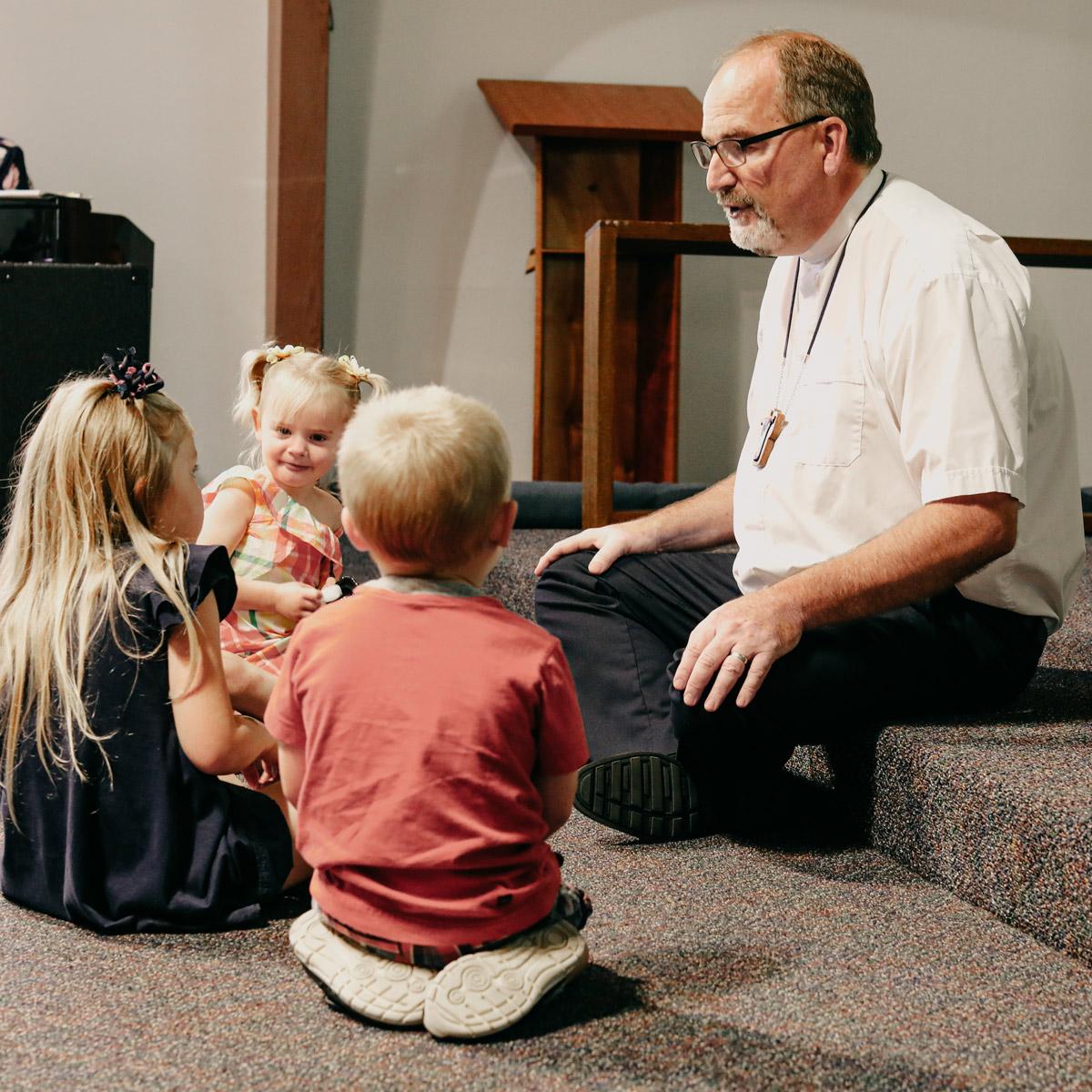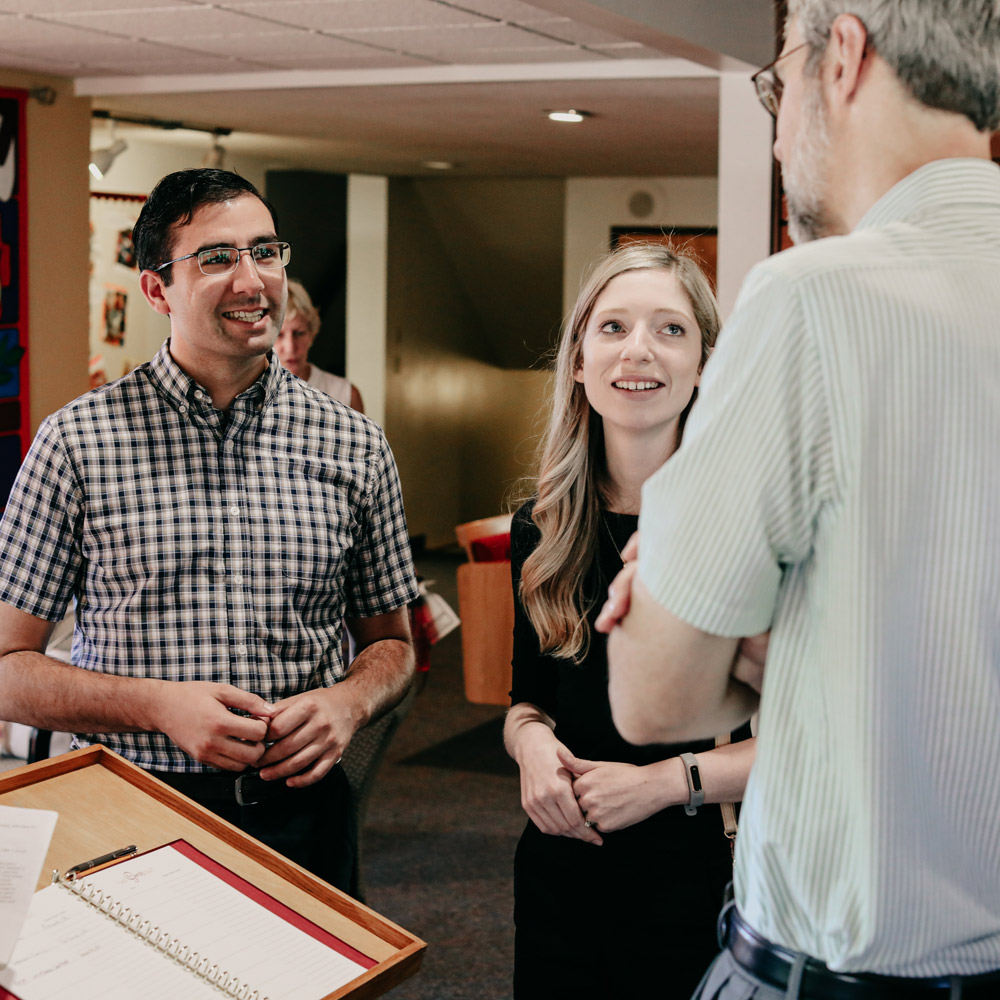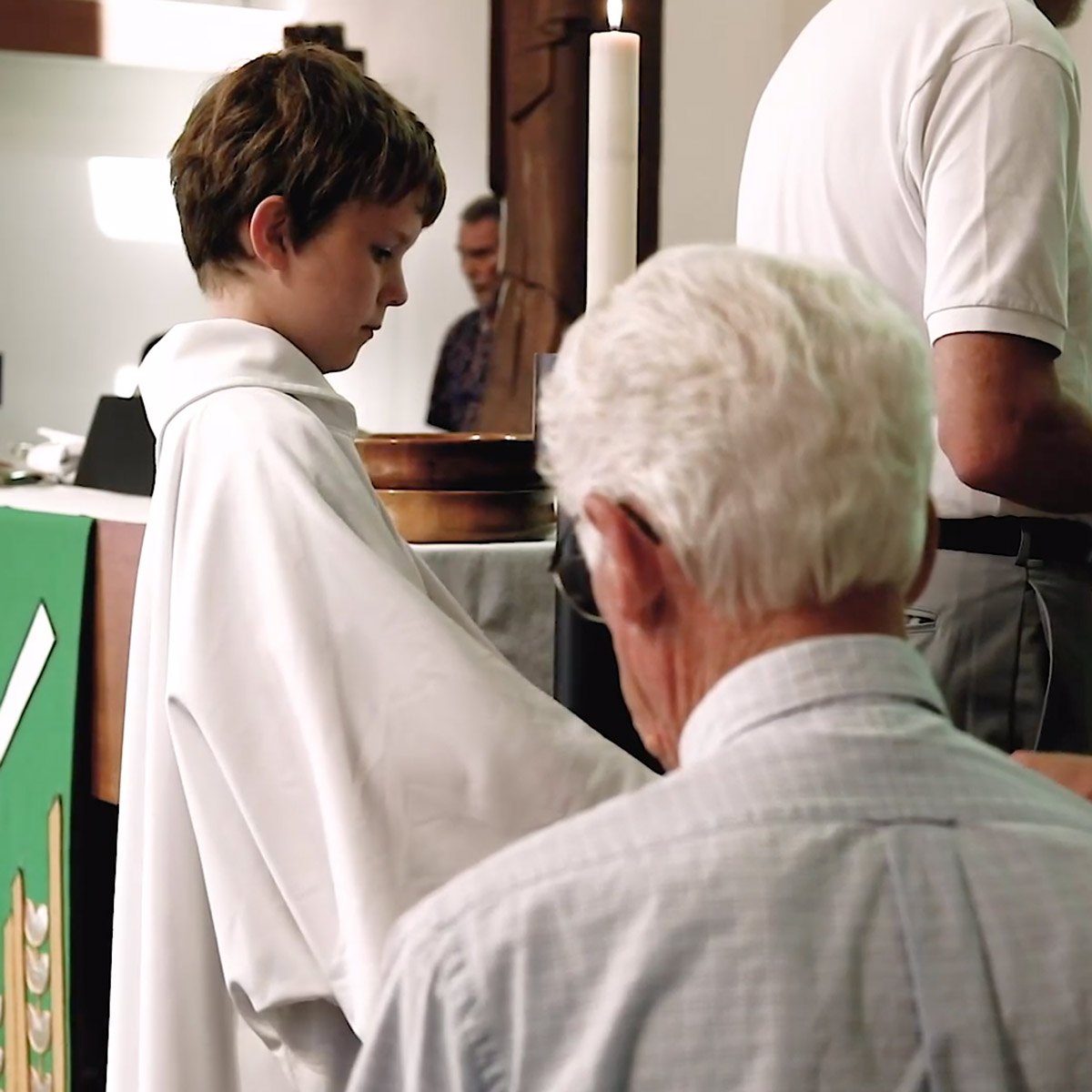
October 8, 2023 | Liturgy Bible Study – Session 4 – Confession and Absolution
Liturgy Bible Study – Lesson 4
Confession and Absolution: From the Commission on Theology and Church Relations – Missouri Synod
Under what two headings does Jesus summarize the proclamation that is to be made in His name? Luke 24:46-47
In what two ways is the word “confess” used in the following verses? 1 John 1:9; Romans 10:9
Read Psalm 106. How does this psalm use the two meanings of confess, to acknowledge sin and to state what we know about God’s mercy? At the close of the Psalm, what does the psalmist ask of God, and what are the people to do in response?
Repentance is prompted by God’s Word of judgement and by His gracious invitation. How does the prophet Joel speak of God’s judgement and invitation? Joel 2:11-13
How do the following verses speak of repentance as a gift from God? Acts 5:31, 11:8; 2 Timothy 2:24-26.
Why is it important to honestly acknowledge our sinfulness? Matthew 3:8; Acts 26:19-20 What does it mean to “bear fruit?”
How does the Apostle Paul describe himself as he confesses both his sin and his trust in the grace of God in Christ Jesus? 1 Timothy 1:12-17
Where can we hear the absolving voice of our Lord? Matthew 16:18-19; Luke 10:16; John 20:19-23
How are God’s invitation and promises expressed in the following verses? Isaiah 1:18, 45:22; James 5:16; Hebrews 2:1-4
Read Psalm 130. The Psalmist confesses, “With you there is forgiveness.” Confident of forgiveness, how is the psalmist’s faith strengthened? What does he believe about the Lord?
Read Luke 18:9-14. How does the Pharisee demonstrate the common human belief that one is capable of “making satisfaction” according to the demands of the law? How does the tax collector confess both his sin and his trust in God?
Read Psalm 49:7-15 and Psalm 51:16-17. What does the Psalmist say about the payment made to God? Who will pay to ransom a man? What sacrifice does God desire from us?
In what circumstances did Jesus absolve the sins of individuals? How was Jesus challenged or criticized? Matthew 9:1-8; Luke 7:36-50
What arguments have you heard, if any, opposing the practice of private confession? Why might people avoid it? Why might church members welcome private confession?
Does absolution mean permission to continue to sin? What does Paul say about continuing in sin? Romans 6:1-11
What temporal consequences for sin were experienced by people in Scripture, even though they received forgiveness and eternal life? Deuteronomy 34:1-6; 2 Samuel 12:7-14; Luke 23:39-43
















